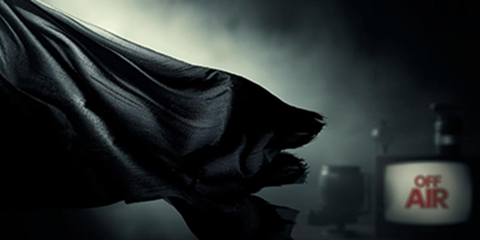
PFUJ recalls November 3, 2007 emergency as Pakistan’s darkest day
November 03, 2025: PFUJ recalls November 3, 2007, as Pakistan’s darkest day under Musharraf, urging protection for journalists and the abolition of laws threatening press freedom.
JournalismPakistan.com | Published 13 years ago | Rashid Ali
Join our WhatsApp channel
LAHORE: Dawn's Mubarak Zeb Khan recently won an All-Pakistan Newspapers Society (APNS) award for being the ‘Best Investigative Reporter’ in the Business/Economics category. It would be surprising if he had not. After all, Mubarak was better equipped to land his hands on the silverware than most of his rivals.
I’ve heard from here and there that the award had as much to do with his seniority as a journalist in the Business/Economics category and the newspaper he works for rather than the award winning story. As far as I’m concerned this is a case of ‘sour grapes’.
Mubarak is a knowledgeable journalist and a pretty meticulous one. He is also very tenacious and this one attribute mixed with well-directed probing leads to a good investigative report. It’s so simple.
True, Mubarak can be quite abrasive and quite easily gets under one’s skin; his cynicism is usually over the top and, depending on the circumstances, he may or may not be likeable, but one thing is for sure… Mubarak deserved that award more than any of the other nominees.
Why?
Because Mubarak worked hard on a consistent basis and produced stories that were accurate, informative, researched, cohesive, covered all facets and above all properly investigated. That is why his stories have been having the impact they have. He was simply doing his job the right way.
There are other factors that come into play – discipline, experience and contacts and above all, a nose for a good story. Once again, that’s proper journalism. So Mubarak used all the tools of the trade. He knew what to do, how to do it and why.
Recently, I attended a workshop on journalism in Islamabad. Although a journalist by default, I was shocked to discover that many of the so-called journalists and a good number of the so-called ‘seniors’ attending the workshop did not know the five Ws and one H of journalism – what, when, why, where, who and how!!
They were more interested in strutting about, showing off about stories they had done and which may or may not have been read or seen on television. I wish I could have got my hands on half those stories. I’m sure most of them would fail not only in language, but description, authenticity and purpose. Most probably they would not have a flow and there would be no start, middle and end.
I have come across plenty of these journalists in the recent past. They come out of college/university and want to be a journalist mostly because they think its ‘glamorous’. Well it’s not. There is hard work involved.
What really disturbs me is they use such words as ‘investigative stories’, ‘exclusives’, ‘specials’, ‘exposes’ etc as if they were discussing lunch or the meal they had the previous night. They talk about innovation, new journalism, and linear writing as if they were no big deal.
Pretty impressive stuff if one was not initiated in this new found ‘smart speak’ that in truth rings as hollow as an empty drum. Their writing is loaded with clichés, phrases and blatant plagiarism. They think its ‘cool’ to use slang and fashionable to use street words.
The first rules of writing demand one to be clear, lucid, cogent and coherent while also be easily readable. That is why seasoned journalists often talk about ‘hitting their rhythm’ or being ‘in the flow’. They write from the reader’s perspective and ensure they are easily understood. One is moved to admire such writing for its accessibility, its readability. It’s lack of pretension.
Most of all, however, I’m irked by all this talk about ‘investigative journalism’. There are a number of dubious players in the game right now in Pakistan who profess to being gurus of ‘investigative journalism’, pioneers in teaching ‘investigative journalism’ and promoting the cause of ‘investigative journalism.’ Some of these so-called experts have never written a story/report for a newspaper, magazine or TV channel ever and yet our journalists naively fall for their hypnotic mumbo-jumbo.
They even organize award ceremonies and workshops on ‘investigative journalism’ although they have never been nor ever will be journalists. For them it’s all a matter of feeding their bloated egos and making a fast buck, usually from willing donor agencies and NGOs. These individuals and establishments are vultures that know an opportunity when they see one.
I have a point to make: “What is journalism if it is not a process of investigation?” How can one write a report/story if he has not investigated, not asked questions, not run down the leads and information, has not talked to people concerned, has not researched what he is writing about, does not have literature on the subject? Does not know the inside and outs of the event -the who, the what, the why?
Is that not journalism? Is investigation not part of journalism?
So what is this ‘investigative journalism’ semantic crap trap we find ourselves ensnared in?
Sometimes, a journalist investigates on his own, follows leads and chases down a story on his own and yet on other occasions he works with a partner or even a team. They do what generations of journalists have done before. So how then is ‘investigative reporting’ suddenly in the limelight? It is not an invention, not new, not unique. It’s always been part of the game.
The one factor I’m willing to cede is that ‘investigative reporting’ should encompass a report or story that has a far-reaching impact, covers a broad canvass and impacts a large number of people, is incisive, comprehensive and leads to a point which incurs proactive results.
This is my opinion; this is my investigation.
(Rashid Ali is a guest writer for JournalismPakistan.com)

November 03, 2025: PFUJ recalls November 3, 2007, as Pakistan’s darkest day under Musharraf, urging protection for journalists and the abolition of laws threatening press freedom.

November 02, 2025: PFUJ urges Pakistan’s federal and provincial governments to end Impunity for Crimes Against Journalists and ensure their safety and press freedom.

November 02, 2025: Impunity for crimes against journalists deepens worldwide as Pakistan reports a 60 percent surge in attacks and weak enforcement of safety laws.

November 01, 2025: Pakistan Press Foundation reports 137 attacks on journalists in 2025, highlighting rising threats, legal harassment, and censorship on the International Day to End Impunity.
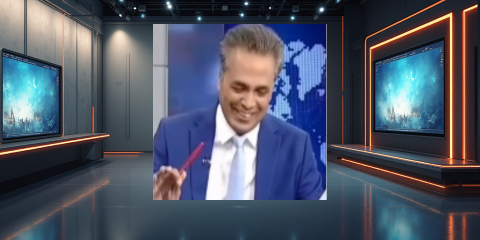
November 01, 2025: A viral Samaa TV clip featuring MNA Sher Afzal Marwat’s crude remarks and Talat Hussain’s laughter raises questions about the declining ethics of Pakistani television.

October 31, 2025: Police foiled a plot to kill DawnNewsTV journalist Tahir Naseer in Rawalpindi after arresting suspects hired for Rs200,000. Naseer says threats followed his reporting.
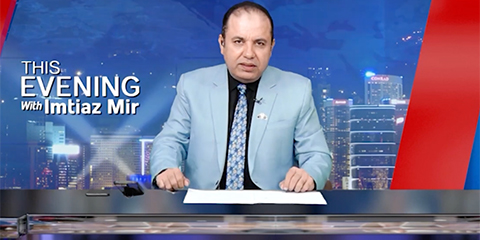
October 31, 2025: CPJ calls on Pakistan to bring Imtiaz Mir’s killers to justice after the journalist was allegedly murdered by a banned militant group in Karachi.

October 30, 2025: The PFUJ has condemned a fabricated drug case against journalist Matiullah Jan, calling it an attempt to silence him and urging authorities to quash the charges immediately.
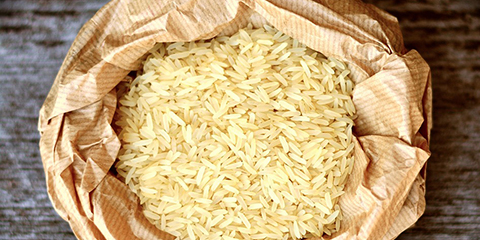
November 03, 2025 Global journalist unions condemn the Indonesian agriculture minister’s lawsuit against Tempo, calling it a threat to press freedom and demanding that the case be withdrawn.

November 02, 2025 Independent outlet All About Macau to halt print and online operations amid rising pressure, financial strain, and legal threats, sparking press freedom concerns in the city.
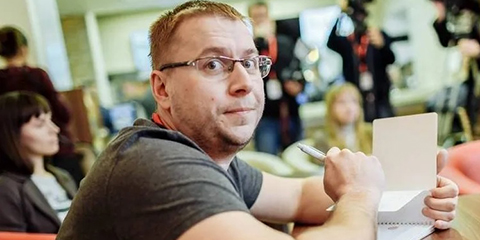
November 01, 2025 Belarus court jails journalist Siarhei Chabotska for extremism and defaming the president, highlighting Minsk’s ongoing crackdown on press freedom.
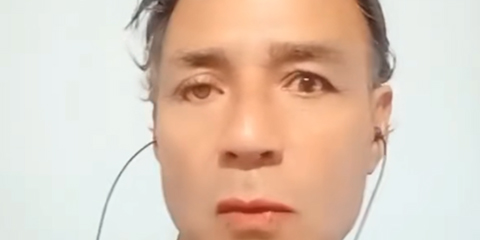
November 01, 2025 Mexican journalist Miguel Angel Beltran was found murdered in Durango. CPJ urges authorities to ensure justice amid rising violence against journalists in Mexico.

November 01, 2025 UNESCO survey finds one-third of media lawyers cannot effectively defend journalists due to threats, limited resources, and lack of specialization.